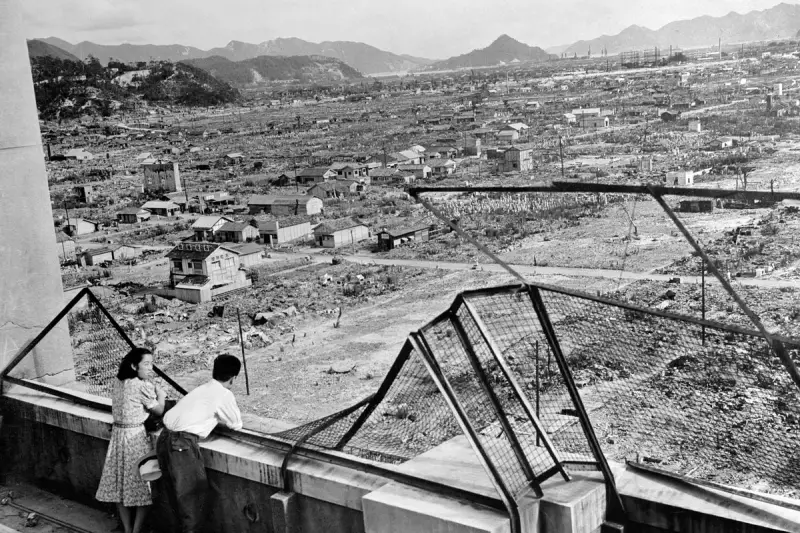
On this solemn anniversary, the world remembers the catastrophic events of August 6, 1945, when the United States dropped the atomic bomb nicknamed 'Little Boy' on Hiroshima, Japan. The bombing, which claimed over 140,000 lives, remains one of the darkest chapters in modern history.
The Dawn of Nuclear Warfare
The detonation of 'Little Boy' marked the first use of a nuclear weapon in warfare, unleashing unprecedented destruction. The blast obliterated nearly 70% of Hiroshima's buildings, leaving survivors to grapple with radiation sickness and lifelong trauma.
The Human Cost
Eyewitness accounts describe scenes of unimaginable horror—charred bodies, melted infrastructure, and a city reduced to ashes in moments. Many who survived the initial blast later succumbed to radiation poisoning, with effects lingering for generations.
Nagasaki: A Second Tragedy
Just three days after Hiroshima, a second atomic bomb, 'Fat Man', was dropped on Nagasaki, killing an estimated 74,000 people. These twin atrocities forced Japan's surrender, ending World War II but sparking decades of nuclear anxiety.
Legacy and Lessons
Today, Hiroshima stands as a powerful symbol of peace and a warning against nuclear proliferation. The city's Peace Memorial Park attracts millions of visitors annually, serving as a poignant reminder of war's human toll.
As geopolitical tensions rise in the 21st century, the lessons of Hiroshima remain alarmingly relevant. The anniversary prompts reflection on humanity's capacity for destruction—and our shared responsibility to prevent such tragedies from recurring.





